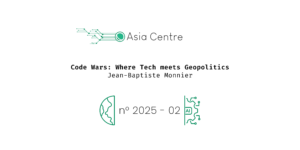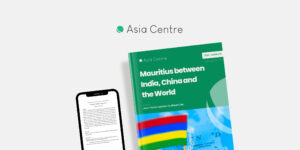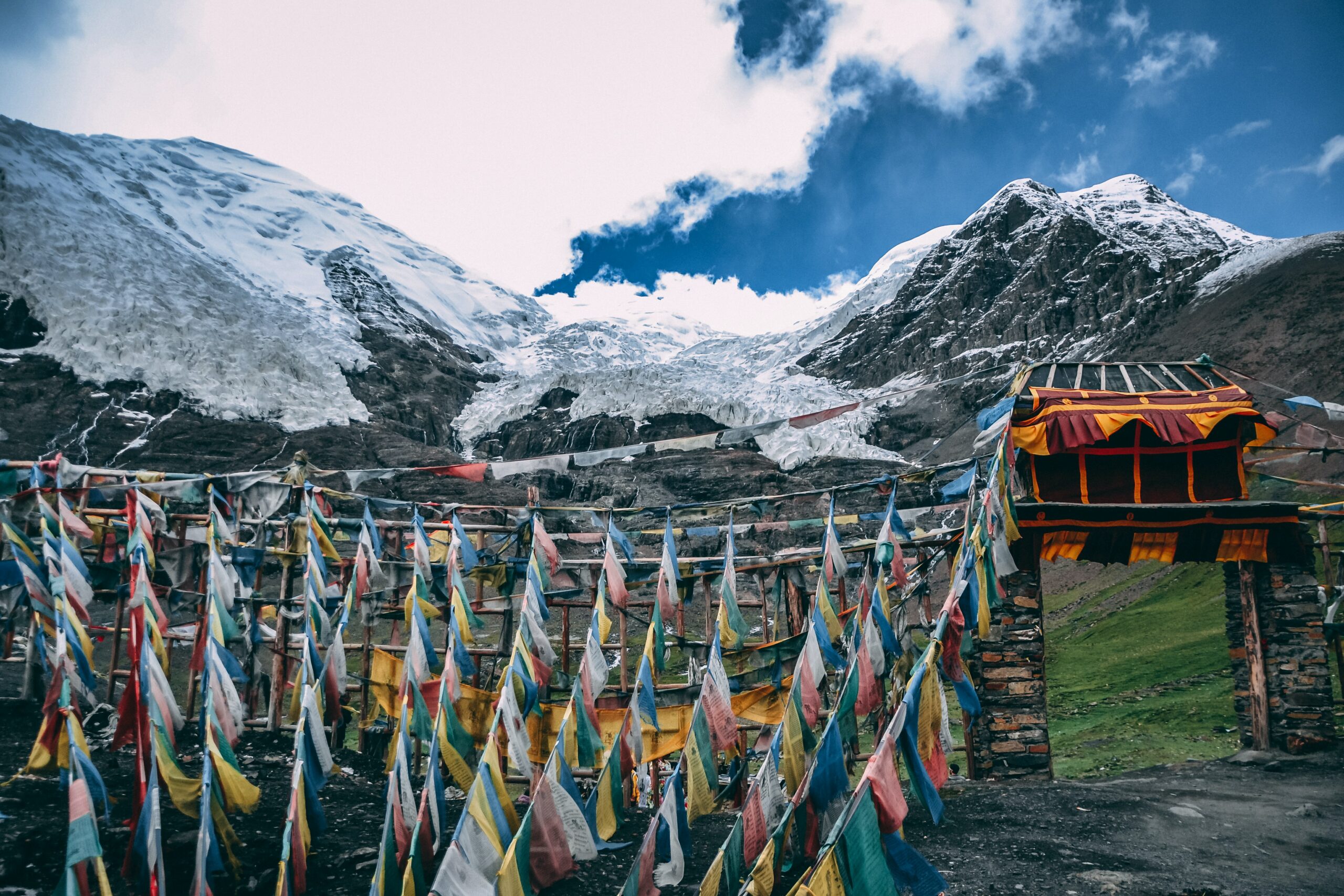On March 14th, apparently to the surprise of the Chinese security services who were slow to react, rioting broke out in Lhasa. Demonstrations and unrest spread quickly to other towns in Tibet, Qinghai, Gansu, and north-western Sichuan. The protests in Buddhist monasteries and rioting by sections of the Tibetan population constitute the largest political demonstration in the region since the events of 1959 when the Dalai Lama fled China. The intense scrutiny of the Olympic Games, and opportunity the international leg of the Olympic torch relay gave to Tibet sympathisers worldwide , turned this into a global issue for China’s public image. Its vitriolic response and demonisation of the Dalai Lama were a public relations disaster, undermining the respectable image of soft power which China tries to present. While the informal May 3rd meeting with representatives of the Dalai Lama was a purely symbolic concession, it showed an awareness of the public relations disaster on that the Chinese government had brought down on itself.
These events are in marked contrast with developments on China’s other main sensitivity, Taiwan. Ma Ying-jeou’s victory in the Presidential election on March 22nd had long been expected. The feeling of detente which followed was orchestrated with bravado at the Bo’ao forum. The symbolic handshake between Hu Jintao and the newly elected vice-President of Taiwan marked the first direct contact between mainland and Taiwan leaders since 1949.. In July, charter flights will link major Chinese cities to Taipei, Kaohsiung, and Taichung. There is a remarkable contrast between the handling of Taiwan and Tibet, both of which involve the legitimacy of the Chinese regime. The flexibility currently being shown towards Taiwan may seem just as perplexing as the inflexibility towards the Dalai Lama. A few months ago, China was still hurling insults at Ma Ying-jeou’s predecessor.
The media storm around the international progress of the Olympic torch and anti-French protests have unfortunately concealed from the Chinese public the sudden deterioration of China’s image because of Tibet in democratic countries. The anti- French wave, which was first encouraged and then reined back, like the Chinese patriotic demonstrations in the latter stages of the torch relay, serve the interests of the regime. This is not the first, nor even the most significant of the waves of nationalism in Chinese public opinion,. In this issue, China Analysis does not deal with Franco-Chinese relations, for these have been well covered by the French and the international press. Going beyond official pronouncements on Tibet, we have presented a surprising alternative view of the Tibet question by a leading Chinese weekly which published a thinly veiled attack on the Party’s cultural policy in Tibet. Does this article, which has been endlessly quoted abroad, provide an alibi for the regime, or is it the sign of a genuine debate? Whatever the case may be, in early May the writer was expelled from the Nanfang Zhoumou.
Another side-effect of the attention on Tibet was that the five-yearly meeting of the National People’s Congress went almost unnoticed. Yet major reforms were passed at the Congress. By withdrawing some powers from the National Reform Development Council, the government is trying to make the implementation of its public policies more efficient. China’s search for a less environmentally destructive model for development has been strengthened, at least in its statements of intent.But the creation of a Ministry of the Environment does not by itself guarantee success.
Summary
– DOMESTIC POLITICS –
The “Chinese miracle” and the challenge of Tibet
New ministries, at the expense of the NDRC?
Major changes within the central planning apparatus
– ECONOMY –
Tax revenues and the standards of public service
The invasion of the “green” buildings
– FOREIGN POLICY AND STRATEGIC AFFAIRS –
An international order based on joint US-China domination?
The UN under Ban Ki-Moon, a positive turning point for Beijing?
Intellectual property: China has to defend its interests
– TAIWAN –
A modus vivendi in the Taiwan strait?




